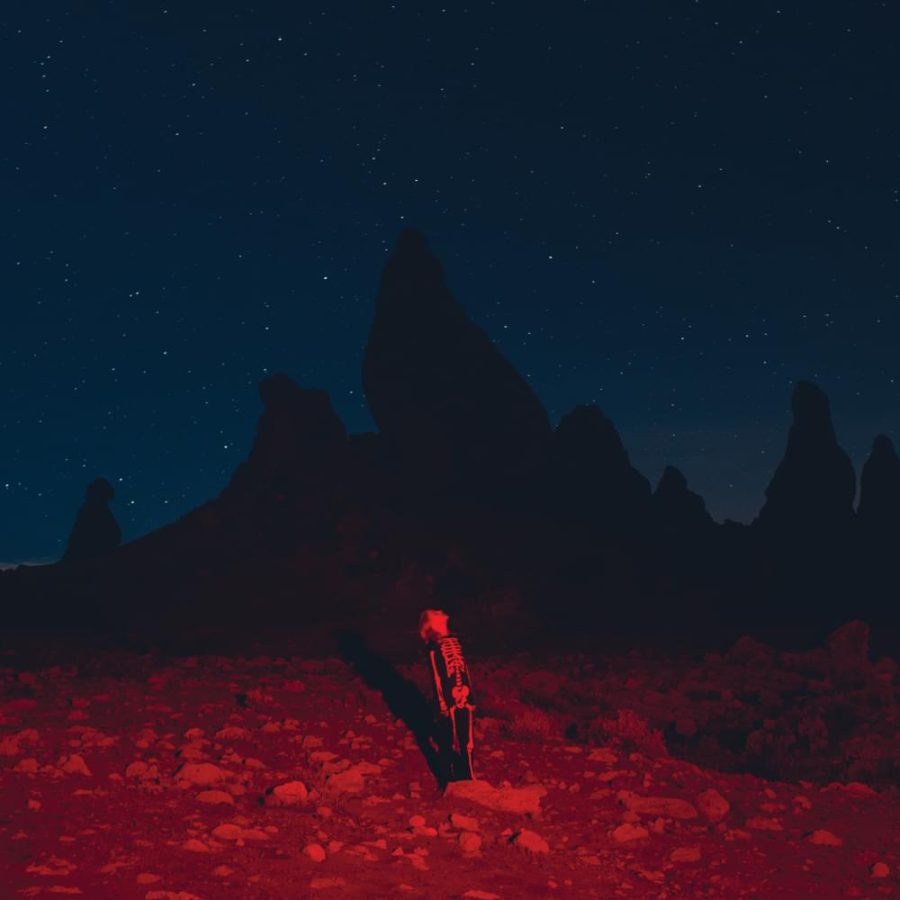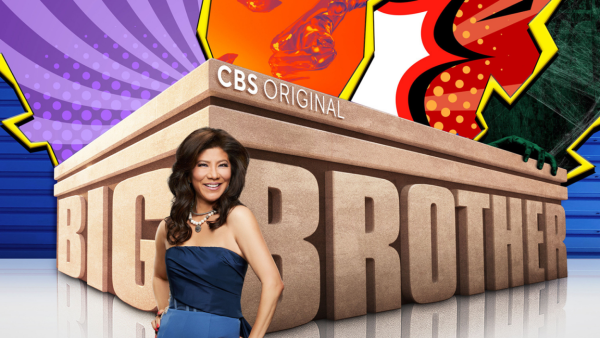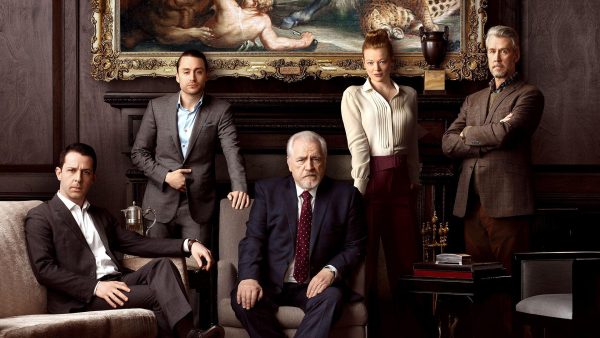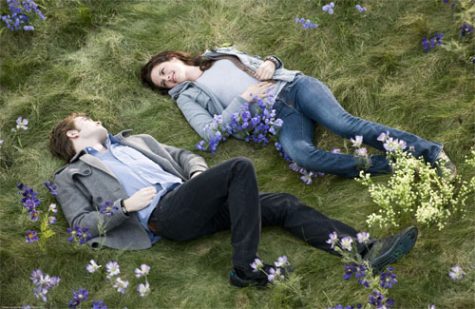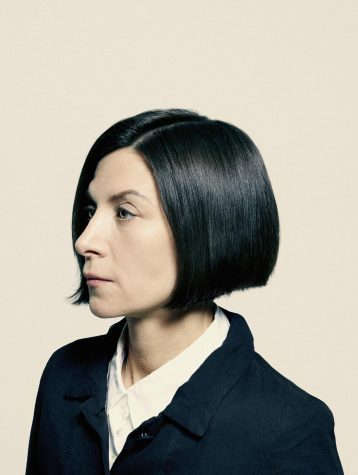Understanding Garden Song
If there is one thing singer-songwriter Phoebe Bridgers is for, it is being able to create the most gut-wrenching emotionally scarring music ever seen in the modern music industry. This is the very reason why she has inherited this “sad indie artist” identity that is either glamorized or looked down on.
Now, I’m not here to add more noise to that chaotic, chronically online discourse. I am here, however, to argue that what makes Bridgers a master of human emotion is her almost supernatural ability to open up about her innermost thoughts and use her most personal moments as her musical muse.
It’s been argued that the more detailed and specific a song is, the less it is able to be related to a broad audience. Phoebe Bridgers takes this idea and throws it out the window. She risks going the exact opposite: diving deep into her own world, knowing that others will take lessons from what she’s learned and experienced.
This is most evident in her 2020 song Garden Song, which is the second track of her sophomore album Punisher (2020).
There are a few reasons why I chose this song to analyze and rant about my newly found appreciation for Bridgers.
For one, it’s one of her more optimistic and hopeful tracks, which some reviewers online have confused with being melodramatic and depressing.
And two, it’s been a song that has been constantly picking at my head for the past few months. And sitting here writing down my thoughts, I have come to understand why.
Because Garden Song feels like Bridgers is holding up a mirror in my face. It’s a song that deals with aging and maturing into a different version of yourself. A version of yourself that you may not even recognize.
Bridgers starts her song with an odd, yet revealing, statement:
“Someday, I’m gonna live in your house up on the hill. And when your skinhead neighbor goes missing, I’ll plant a garden in the yard…”
Here she sets the stage for what will be a story about maturing and the growing pains that must come along with it. She gives us the imagery of a house on a hill, which will later be revealed to be a metaphor for her desire to return to her childhood home.
She goes on to suggest that she will kill her “skinhead neighbor” and use their body to feed her new garden. This morbid idea introduces the main theme of Garden Song, that for people to grow and evolve, issues will have to be left behind. This theme is further revealed when she sings:
“I grew up here ’til it all went up in flames, except the notches in the door frame.”
Bridgers is referring to her actual childhood home that was destroyed in a fire. This real-world incident acts as the perfect metaphor for the fact that we will never be able to return to our innocent youth.
When first hearing these lines I was instantly transported to my own childhood home. My dream-like “house on the hill” that I can never return to. She goes on to say the overused lines I’m sure everyone’s heard:
“I don’t know when you got taller. It must be something in the water.”
These lyrics reflect another theme of the song, the fact that time has slipped by so fast we can even recognize it. Also, the reference to water also circles back to the garden imagery. But what makes this line so powerful for me is the memories of my childhood. When I was younger, my parents would record my height by marking it on a wall. This subtle reference to something as common yet profound as this is what makes Bridgers such an amazing writer.
She goes on to say:
“And when I grow up, I’m gonna look up from my phone and see my life.”
This yet again brings up the idea of precious time passing her by. This is also bringing up the common criticism of my generation, that we are more focused on what’s on our phones and less on the world around us.
Even though Bridgers says she will one day let go of these distractions and live her life, it seems to me that she’s struggling to let go. As she continues with Garden Song, she continues this idea of refusing, or simply being unable to, let go of distractions and live her life.
She sings about her recurring dream of running around in a maze-like dorm looking for her lover. But, when she does find that person, she is forced to return to the real mundane world.
“And when I find you, you touch my leg, and I insist. But I wake up before we do it.”
These lyrics tell an interesting yet heartbreaking truth. For us to grow up, we have to set aside the dreams of our youth. Whether it’s a house on a hill or a dream of sleeping with someone you like.
She sings:
“I don’t know how, but I’m taller. It must be something in the water. Everything’s growing in our garden. You don’t have to know that it’s haunted.”
Bridgers switches the previous chorus and makes even more of a personal statement. Here, she looks at herself and admits that she never before realized how much she has aged and matured. These lyrics act as a sudden realization of what is going on around her.
She also once again brings up the garden outside her house on the hill. Bridgers is haunted by this recurring nostalgic memory of a home she can never return to and haunted by the past innocent versions of herself.
Bridgers concludes Garden Song, by singing “the doctor put her hands over my liver. She told me my resentment’s getting smaller…I get everything I want. I have everything I wanted.”
These simple final words tie everything together. Because of the journey of grown Bridgers has experienced, she is able to let go of the past she has been clinging onto. Both the positive aspects of her childhood and the negative.
And her saying that she has everything she’s ever wanted, reminds me of our rush to grow up. The race to mature has led her to become an adult too fast and look back at all she left behind.
For better or worse, she has matured.
Garden Song is a beautiful, heartbreaking, and somewhat comforting work of art. I’m glad Bridger’s allowed herself to be as open as she was. Because without it, the harsh lessons discussed wouldn’t be taught to me or my generation.

Maleek Munroe is a senior at Mercy College, majoring in communications. He graduated Nyack High School, where he found his love and passion for both...



